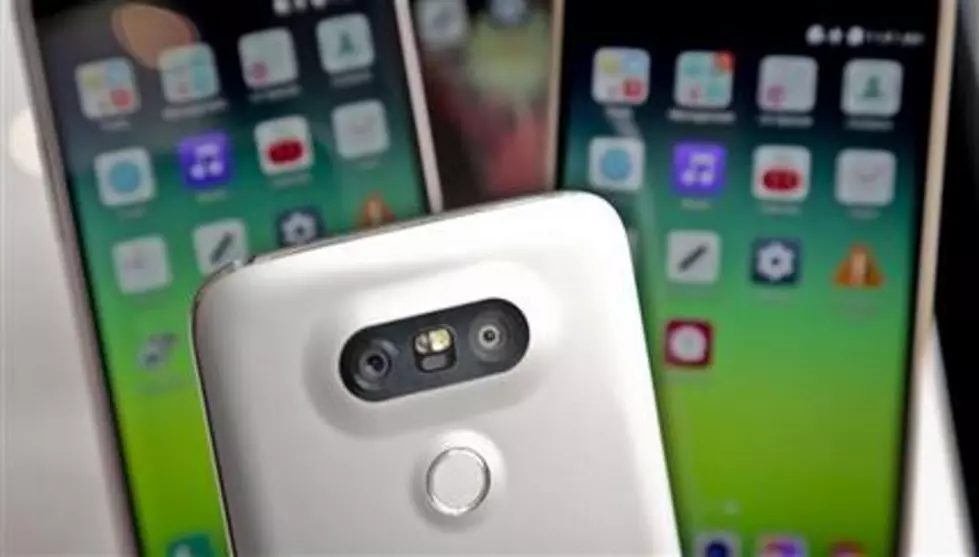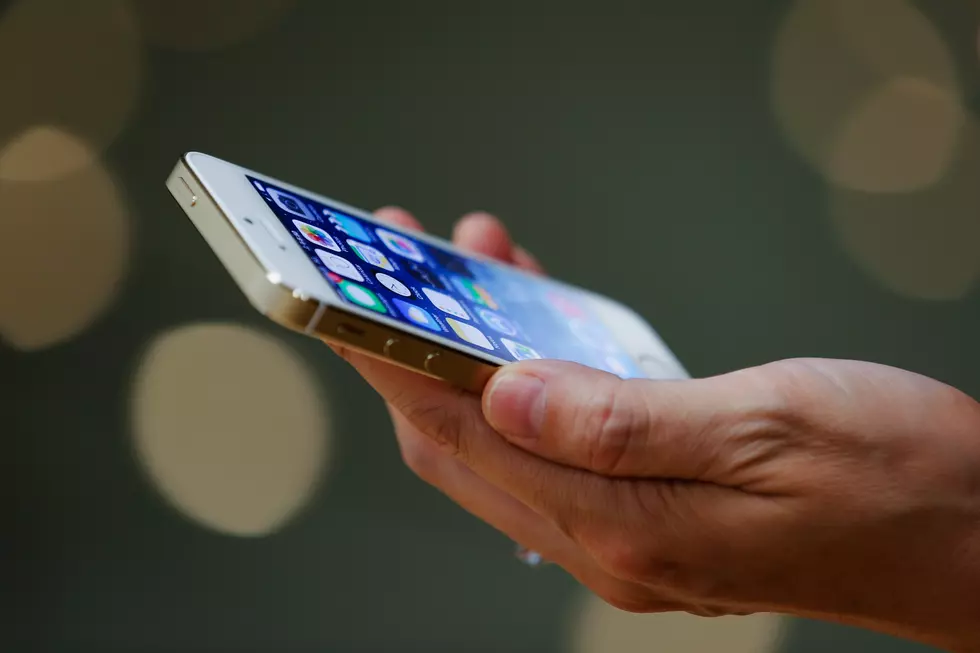![New App Lets Users Be ‘Citizen Scientists’ [AUDIO]](http://townsquare.media/site/385/files/2014/05/20140528_1316181.jpg?w=980&q=75)
New App Lets Users Be ‘Citizen Scientists’ [AUDIO]
A smartphone app will let users become citizen scientists, allowing them to report environmental pollution with just a few clicks.
The Environmental Defender was originally created in cooperation with CUNY Maritime to track oil spills on the water. The American Littoral Society expanded the app's functionality to include algal blooms, jellyfish occurrences, fish kills, pollutions or dumping, or injured wildlife.
"Using this app is as easy as calling a friend on the phone, it gives you a set of choices and you press a button and a report gets made," said Micah Fink, president of Common Good Productions, which created the app along with accompanying pamphlets and an educational film.
The app requires a phone number and name for registration and gets sent to a public database.
"If it touches on a criminal issue, that report gets passed on to the National Recording Center," Fink said.
When the app is downloaded and an oil spill needs to be responded to by authorities, instructions are provided about how to contact the National Report Center, which then alerts the United States Coast Guard for a response. Additional reports for other incidents, such as algal blooms, fish kills and injured wildlife will be developed by the American Littoral Society. However, observations should be independently reported by individuals to the appropriate local officials or agencies or through notification via New Jersey's state hotline, 1-800-WARN-DEP.
Fink said one of the advantages of the app is it uses the smartphone's GPS location to accurately place where the incident took place.
"The Coast Guard said they have to respond to oil spill reports they get, but usually they can't find them, because the person making the report doesn't actually know where they are," Fink said.
The information from the app will also be used by the Littoral Society in helping them paint a better picture of how much pollution there really is in the Barnegat Bay.
"We can then go to the Department of Environmental Protection and say, 'We have examples of impairment here,'" said Helen Henderson, Atlantic Coast program manager for the American Littoral Society.
The Littoral Society, along with the Barnegat Bay Partnership, is currently running a petition campaign to request the Christie administration list the bay as "impaired" under the Clean Water Act, which would call for a "pollution budget" known as a "Maximum Daily Load."
Henderson said the EPA would see how much pollution really goes into the Bay compared to how much it can make, and create an accurate "pollution budget."
Original funding for the Marine Defender app came from a grant from the National Fish and Wildlife Foundation, which allocated money from fines levied on polluters.
More From New Jersey 101.5 FM









